Among the 76 recipients of the ERC Proof of Concept grants – third round 2019, the TERASEC project will develop an innovative device for the detection of security threats of European citizens and infrastructures
The researcher will receive a €150,000 grant to explore the innovation potential of its project and bring the results closer to market: the goal of the project is to deliver an unrivalled novel security scanner device leveraging harmless THz waves, that widely overpasses the accuracy performances of all the conventional systems, thus contributing to the safety of European citizens and the security of sensitive infrastructures.
The objectives of TERASEC project entail the activities aimed at pre-commercial validation of the technological performances and market potential of a novel device for the detection of security threats, such as weapons, explosives, drugs etc.”
says F. Giazotto, SQEL and TERASEC principal investigator
The functionality of the system is enabled through combination of superconducting and ferromagnetic materials that delivers frequency selective THz sensors showing unprecedented sensitivity (single-photon resolution), fast response time, high dynamic range, and low noise-equivalent-power.
Specifically, starting from the outstanding outcomes reached so far, the capacity of the TERASEC system to detect the above threats with given level of accuracy, range and selectivity will be verified in accordance with the requirements of prospect users, to be collected during the project implementation. Moreover, a detailed market, IPR and regulatory compliance study will be carried out, in order to enable smooth implementation of TERASEC in the complicated context of the public security market. To enhance this, an advisory board gathering Key opinion leaders of the sector will be secured and involved into project activity throughout all the project duration. In parallel, comprehensive communication strategy addressing all the stakeholders of the relevant value chain will be rolled out, with strong focus on prospect consumers and users, so to ensuring market traction.”
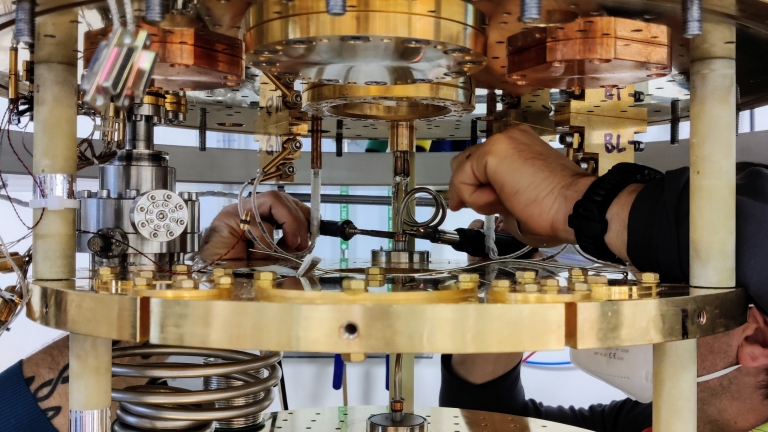
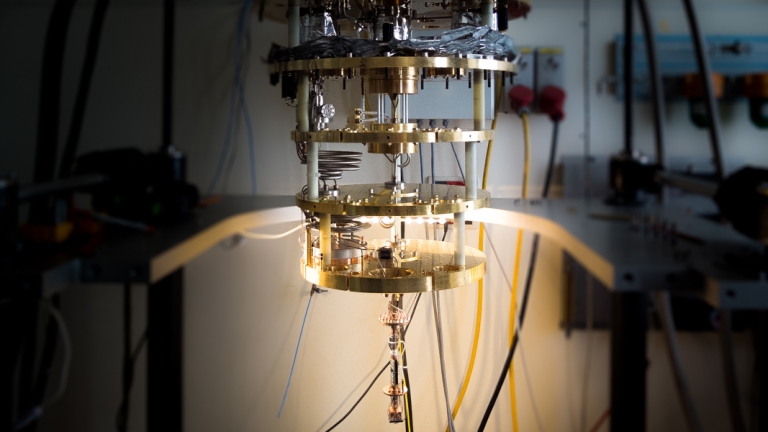
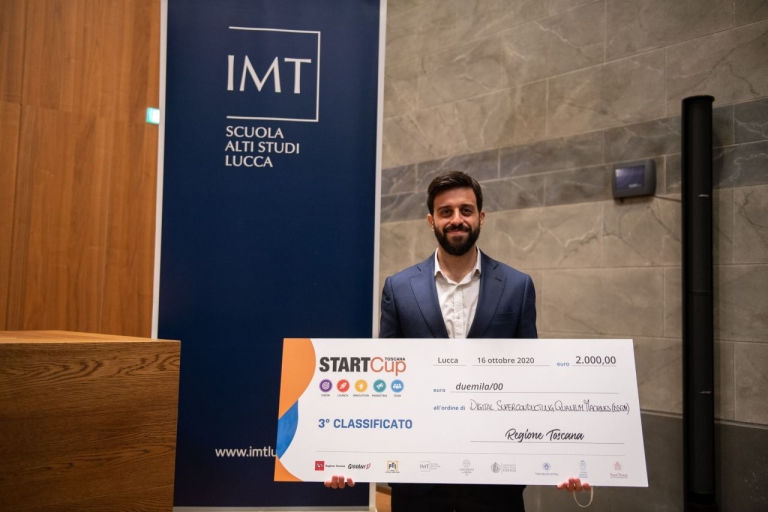 Claudio Puglia collects the award for the project DSQM
Claudio Puglia collects the award for the project DSQM 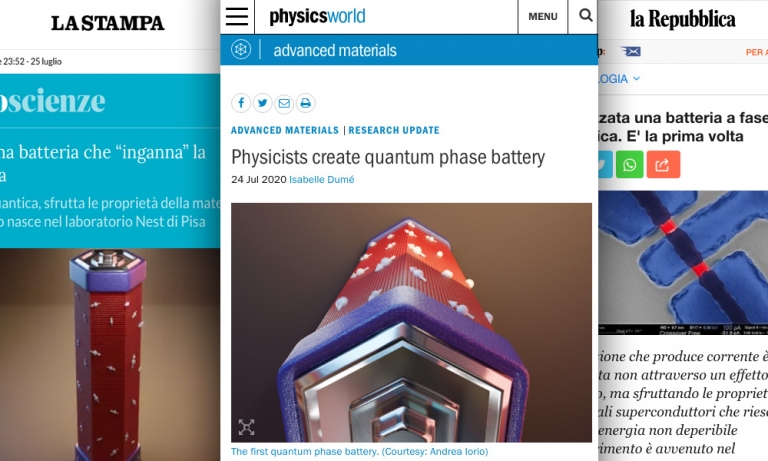 “A Josephson phase battery” has been featured on PhysicsWorld, LaRepubblica and others
“A Josephson phase battery” has been featured on PhysicsWorld, LaRepubblica and others  SQEL project TERASEC funded with an ERC PoC grant
SQEL project TERASEC funded with an ERC PoC grant